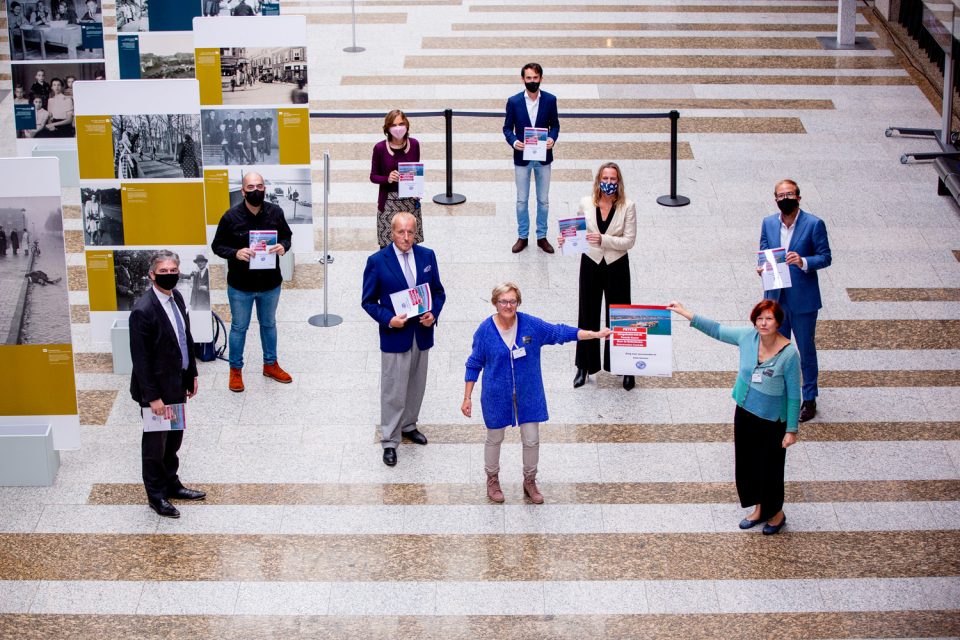The Nederlandse Zeevarendencentrale (NZC, Dutch Seafarers’ Centre) asks the government to structurally set aside a minimum of 360,000 euros a year. This is to cover the operating deficits in the care for at least 42,000 seafarers and more than 4000 ship crews in the Dutch ports. ‘This amount will enable us to get our work to a legally acceptable level.’
In a petition presented today, 6 October, to the Parliamentary Committee of Social Affairs and Employment, the NZC states that the Netherlands does not meet its international obligations regarding the welfare of seafarers in the seaports. ‘The government has signed the Maritime Labour Convention (MLC) 2006, drawn up by the International Labour Organisation, part of the United Nations, but its implementation is constantly being delayed, creating an untenable situation.’
The NZC and the Platform Maritiem say they have raised this issue with two departments in 2017. ‘In October 2019, the ministries suggested to hold a conference to identify opportunities and needs in order to take a first step towards a structural solution. So far, we have heard nothing more.’
On the brink of collapse
‘In 2005, the Netherlands discontinued the € 600,000 subsidy for seafarer centres without guaranteeing that this care could continue to exist independently. It was thought that port companies, municipalities, churches and sponsors would support the work. This partly happened. In Rotterdam, three well-attended seafarer centres have been closed. The ones in Amsterdam, Terneuzen, Vlissingen and Schiedam are in the danger zone and the one in Oostvoorne cannot grow due to lack of space.’
As a result of the corona crisis, many seafarers are not allowed and do not want to disembark, which puts the operation of the centres at an additional disadvantage.
More than 200 volunteers and a small number of professionals are involved in the welfare work for seafarers. According to the petition, the work is ‘on the brink of collapse’ and a number of the seven seafarers’ houses are threatened with closure.
Volunteers and professionals are also visiting ships from the centres. In doing so, they provide seafarers with popular items such as SIM cards for their phones, non-prescription medicines and sweets. They also lend a sympathetic ear and moral support.
The German government supports the recognised institutions for seafarers’ welfare. According to the NZC, the Deutsche Seemanns Mission structurally receives at least 500,000 euros a year.
Picture: Helene Perfors and chairman Marianne Kloosterboer of the Mission to Seafarers’ seafarers’ centre in Vlissingen presented a petition for structural support of the seafarers’ centres in The Hague on Tuesday. Among the MPs were Theo Hiddema and Carla Dik-Faber photo Dirk Hol).








